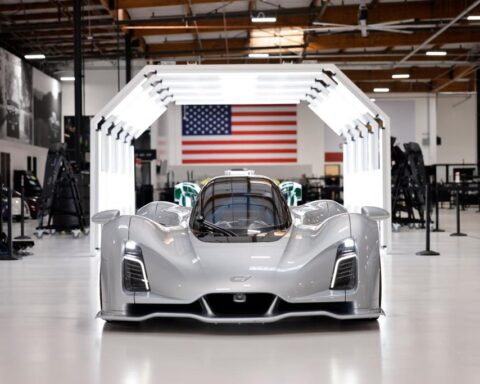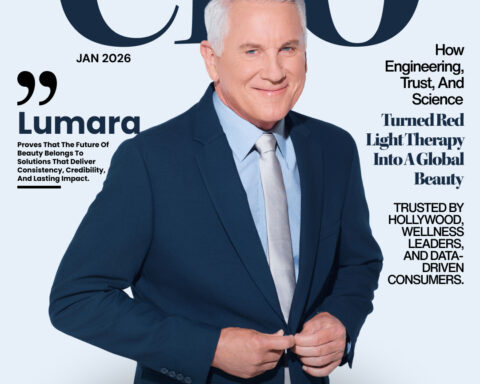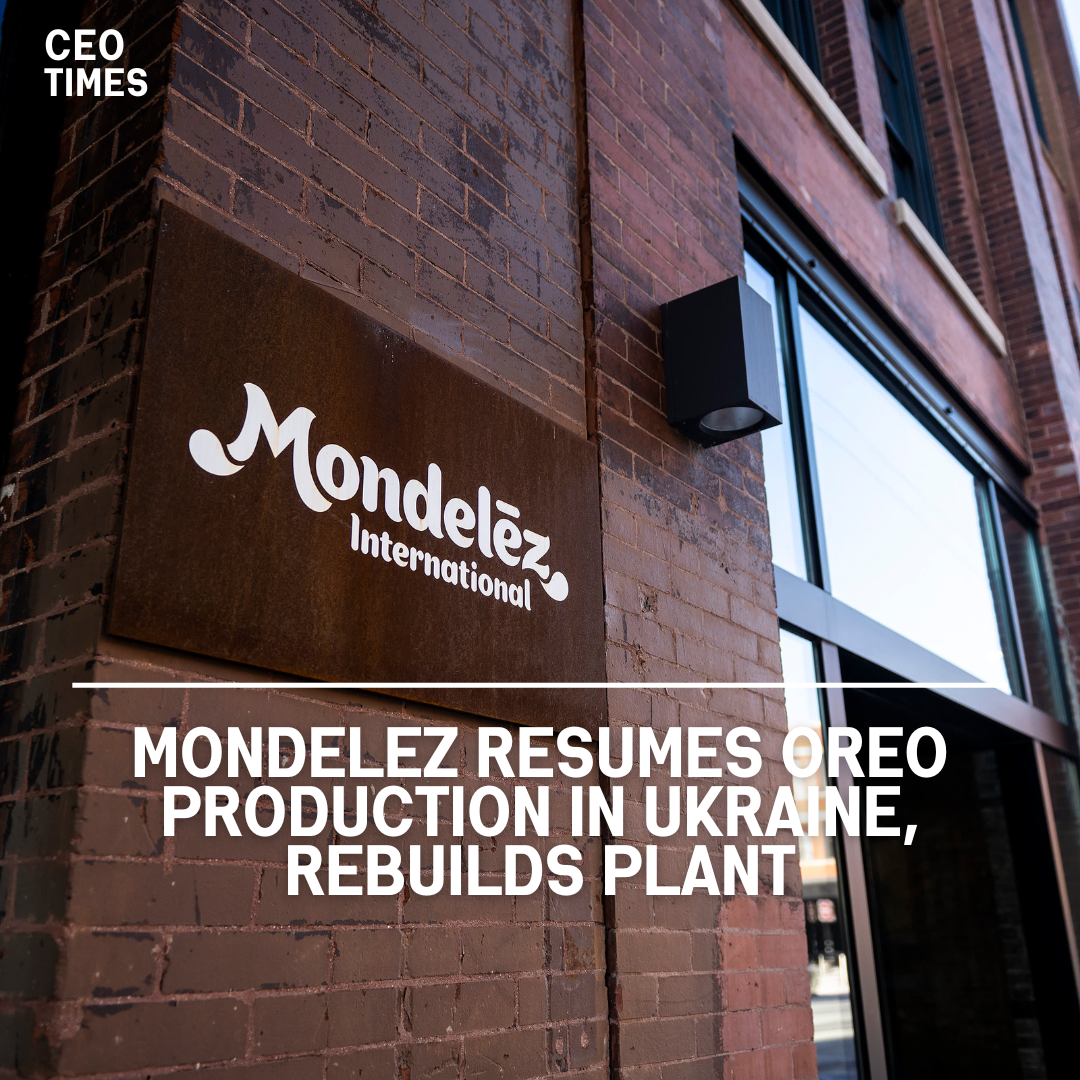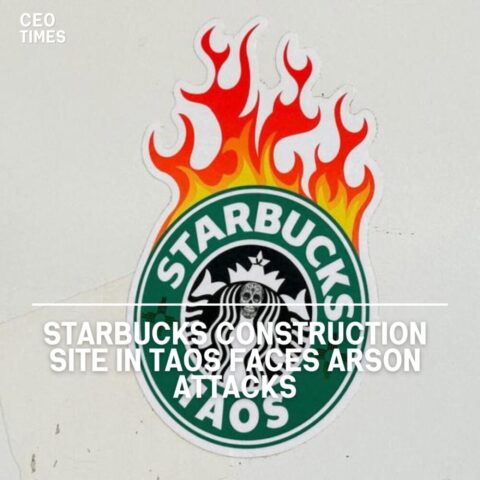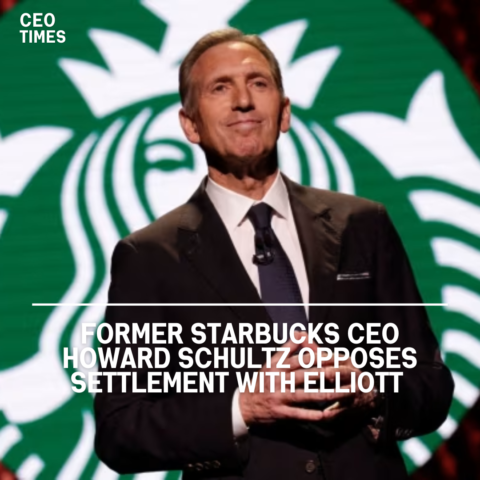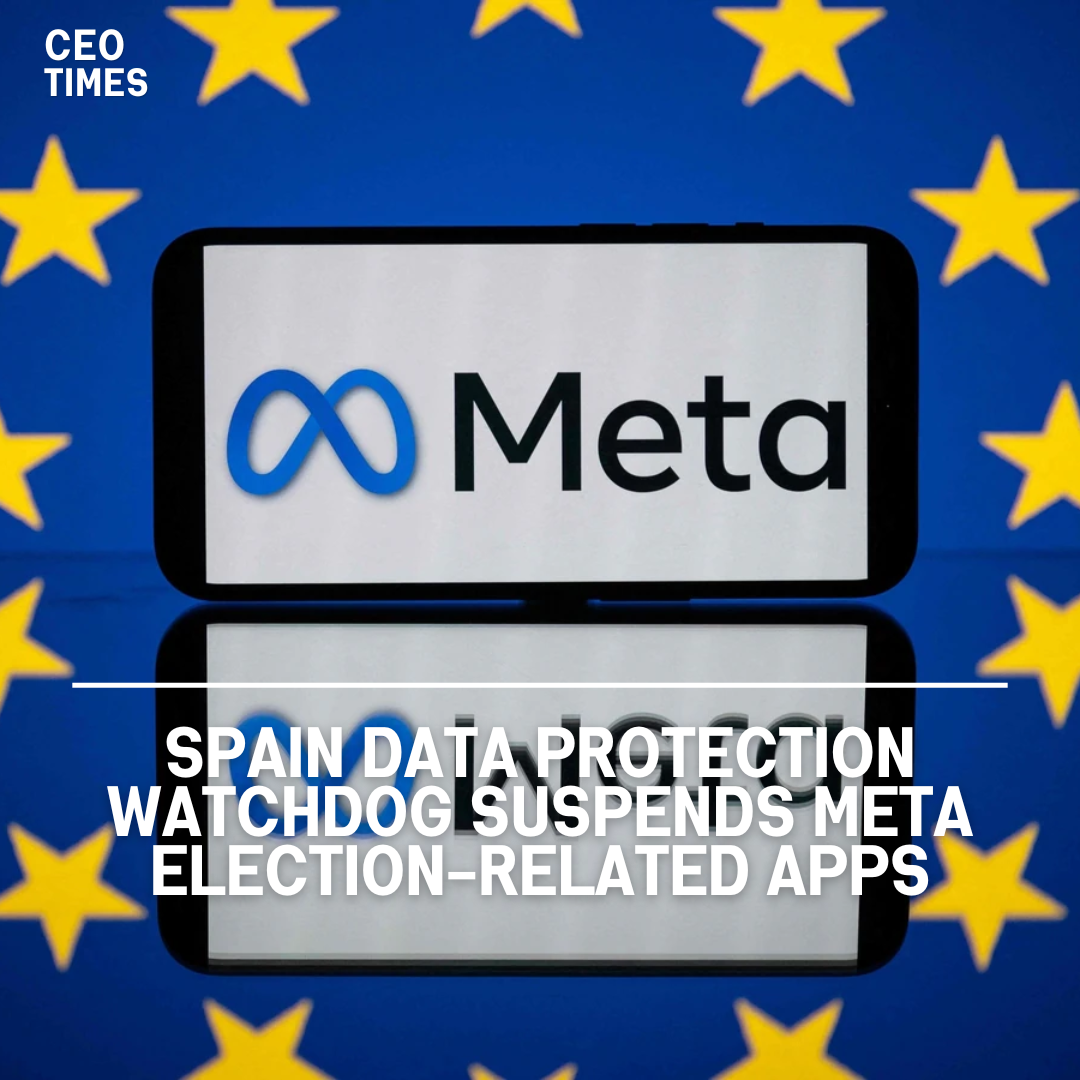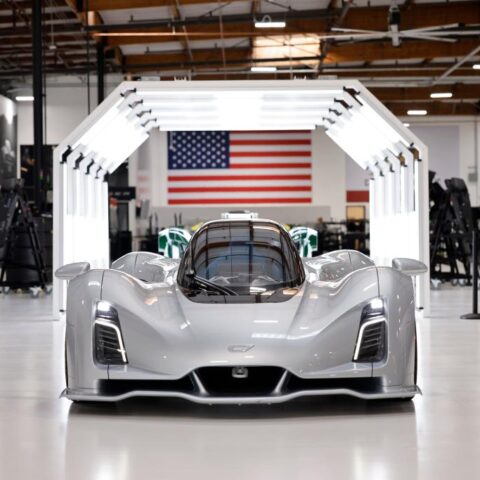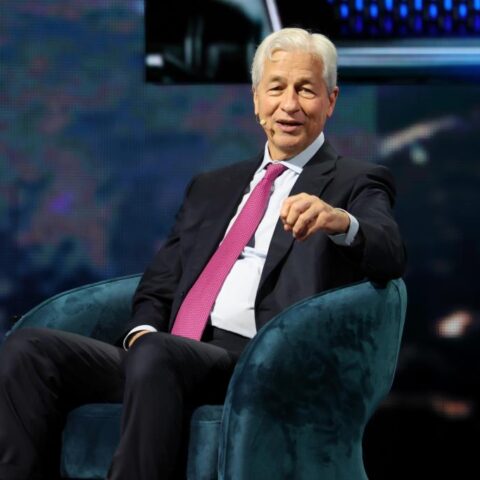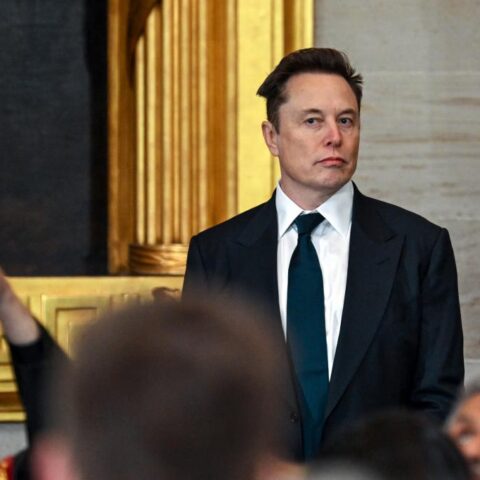Snack maker Mondelez has resumed production of Oreo cookies in Ukraine after its plant in Trostyanets, a small city in the eastern part of the country, was badly damaged during Russia’s invasion roughly two years ago.
According to a company statement, the plant is now fully rebuilt and operational, having partially reopened last year to produce chocolates.
Domestic Production and Export Policies:
The company clarified that the Oreo cookies and other chocolates produced at the Ukrainian factory are not being exported to neighboring Russia.
Instead, these products are exported to Eurasian countries such as Georgia and Kazakhstan and are sold in the domestic Ukrainian market. Before the plant’s restoration, Mondelez had been importing Oreos to Ukraine to meet local demand.
Operations in Russia:
Despite the ongoing conflict and international pressure, Mondelez continues to operate three factories in Russia, selling its cookies and snacks there. This decision has faced boycotts and calls for cessation from employees, activists, and investors.
Mondelez stated that it aims to make its business in Russia “stand-alone” with a self-sufficient supply chain by the end of 2023. New leadership in Europe, including Russia, was appointed earlier this year.
Industry Context and Competitor Actions:
Mondelez’s rivals, including Nestle, the world’s largest food company, continue to sell their products in Russia. Food items are currently exempt from international sanctions.
Mondelez has indicated that no more exports from Russia into Europe are taking place.
Corporate Strategy and Shareholder Pressure:
Mondelez emphasized its ongoing investments in supporting and rebuilding Ukraine. The company’s products, such as Oreos, made in the Trostyanets plant, contribute significantly to its portfolio, with the brand achieving approximately $4 billion in sales revenue last year.
Other prominent brands include Milka and Cadbury chocolates and various local-brand cookies and crackers.
However, Mondelez faces growing pressure from shareholders regarding its operations in Russia. Over 30% of Mondelez’s shareholders recently supported a resolution calling for an independent study of the risks associated with continuing business in Russia.
Notably, Norges Bank, Mondelez’s 11th-largest shareholder, backed the proposal, stating that they would support well-founded shareholder proposals if the company does not meet their needs as a financial investor.
Future Outlook:
Mondelez’s decision to rebuild and resume production in Ukraine while maintaining operations in Russia reflects the company’s complex geopolitical and economic challenges.
Mondelez must balance shareholder concerns and global market dynamics as it continues to invest in Ukraine’s recovery.




